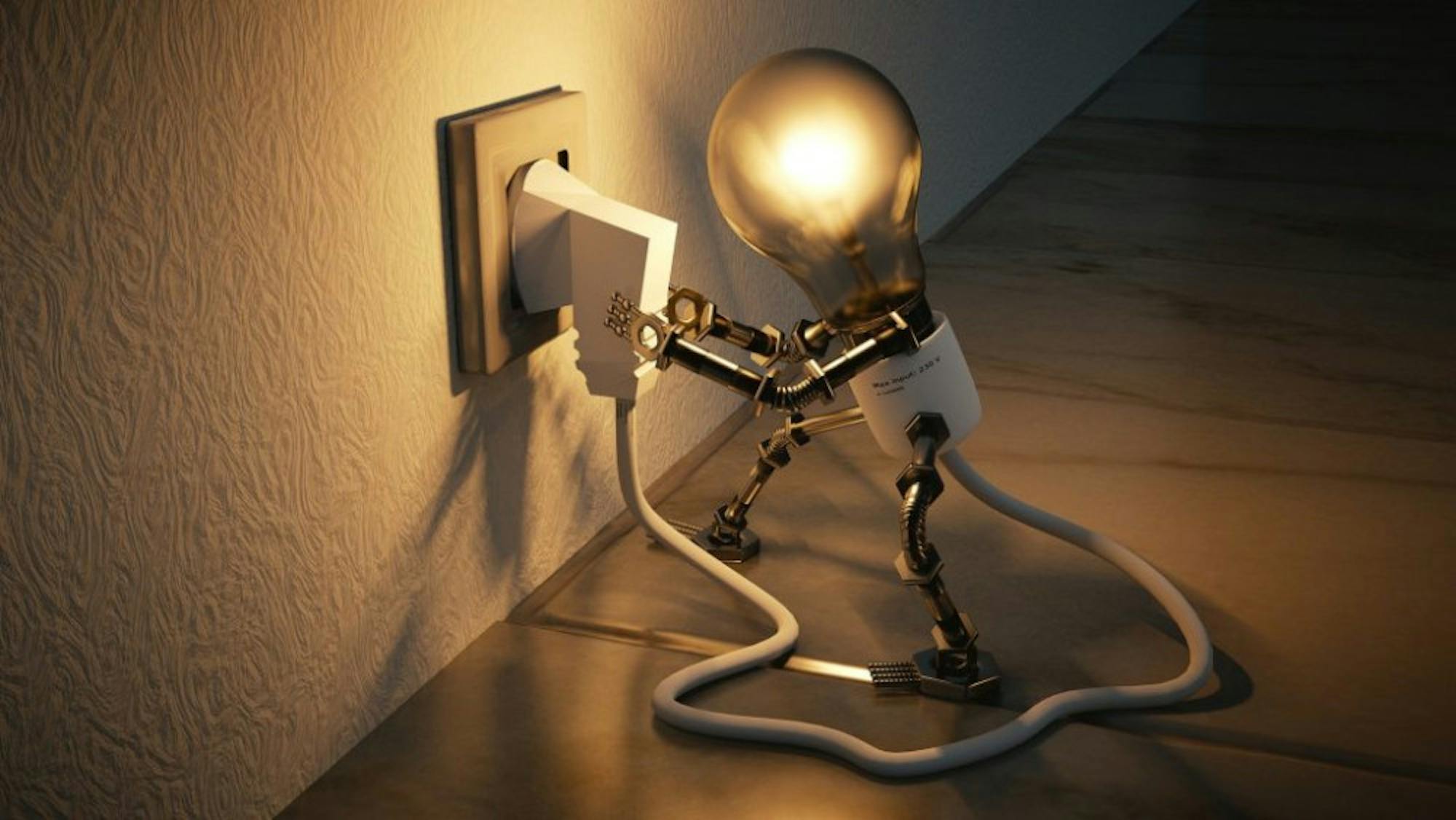
I’ve spent my life chasing originality — I’m obsessed with it. Originality is difficult to define, but for now I believe it can be anything that is created or recreated, so long that it encapsulates part of who you are.
I know I’m not alone in feeling stressed, motivated by the thought that being anything less than original somehow represents my inability to show my authentic self. As humans who are constantly evolving and changing the world, our greatest fear is no longer the unknown; it is now banal irrelevance. For that reason, our fixation on being special can actually impede our creativity and authenticity.
Just as artists hope to be remembered, so do the rest of us: we want to leave a legacy. So, we overemphasize originality to satisfy our craving for immortality. But the truth is, originality gets boring. Trying to be unique and “never seen before” loses impact if everyone is doing it just to do it. By associating originality with creativity, people are driven to be one of a kind, so to speak, and to obsess over the belief that something only has value if it is somehow new. At its best, this mentality has changed and could change the world. Yet more often than not, artists who truly innovate are rare; holding oneself to that standard will only stifle creativity.
The education system and workforce constantly pressure us to be original. From product marketers to job interviewers to teachers at school, everyone asks the same questions: what makes you stand out? What makes you different? What makes you special compared to the seven billion other people on this planet?
Society isn’t lacking in ideas. What we’re missing is the elevation of new voices and perspectives in the world. Not every human experience is totally original, and each of us shares, to some extent, the same basic human emotions and desires. But your interpretation of them encapsulates a set of ideas, values and events in a way that no one else can truly understand. While much of our actions and decisions are influenced by other people and our surroundings, there is still a marked difference in our response, interpretation and memory of other people’s stories, words and experiences. What you create is special not because of its relative originality, but instead because it is the expression of the world and your experience of it through your eyes.
I started writing music in high school. However, I constantly berate myself up for not being able to write the next best song with unique chords and melodic lines. I kept asking myself, why am I writing songs if there are people out there doing it longer, better and more expressively than I? I don’t believe for a second that no one else has felt this way. And no wonder; it’s nothing more than a manifestation of our fear of mediocrity, and it prevents us from exploring different facets of ourselves in lieu of the status quo.
Recently, a viral video on Twitter alleged that all of pop musician Olivia Rodrigo’s songs sound like popular classics from other artists like Taylor Swift and Paramore. I wouldn’t be surprised if they did, especially given that Rodrigo has frequently cited Swift, Paramore and other established artists as sources of lyrical and melodical inspiration. Her songs’ themes and melodies notwithstanding, her voice and her story remain her own. We can only relate to so many human emotions and experiences, so don’t get your panties in a twist just because another teenager is writing about love and heartbreak.
We can’t assign quantitative values of originality to every new artist, new writer or new creator to determine their worth. So much of art is about blending, recombining and sometimes borrowing traditional techniques and genres to create in ways that we haven’t always thought about before, and it’s time to loosen up on our definitions. Take Axis of Awesome’s “4 Chord Song,” for example; the band uses just four chords to play over 20 songs spanning several genres and time periods. Are all these songs unoriginal copycats? No. Are all these artists intentionally ripping off others? No. Every artist builds on their inspirations and adds their work to millennia of human creativity.
Art, whether it be music, TV or movies, represent the voices of its creators. At its best, art unites people in their humanity and their experiences. Originality is only valuable to a certain extent, but meeting that standard should not be imperative to self value. Losing your voice to seek it out is not worth it. I’d rather express my real thoughts, feelings and emotions in search of someone out there who can say, “I get you, and I feel that way too.”
Be unapologetic about who you are. Be inspired by those who came before you and don’t succumb to preoccupation with originality. Create because you want to, and don’t stop because someone else has already done it before.
Sophia Ling (24C) is from Carmel, Indiana.





